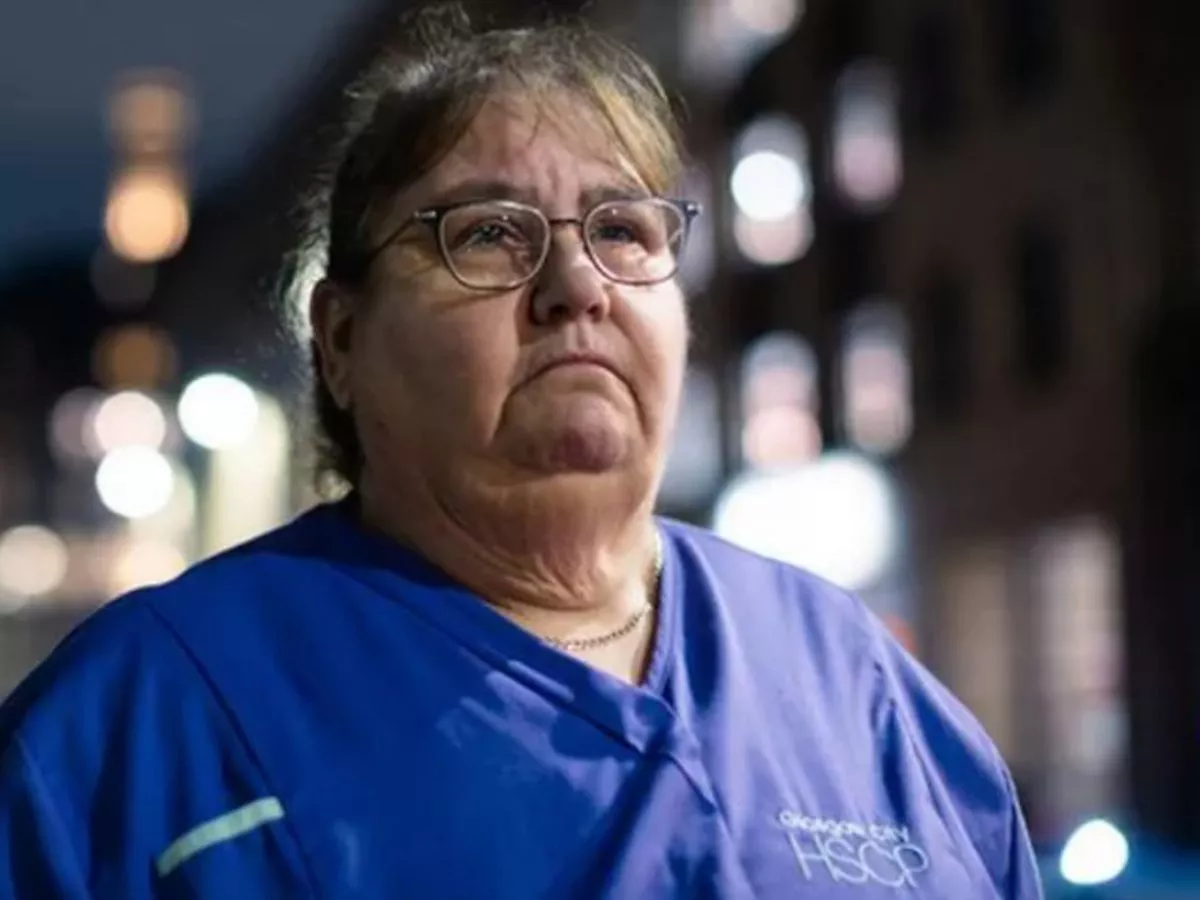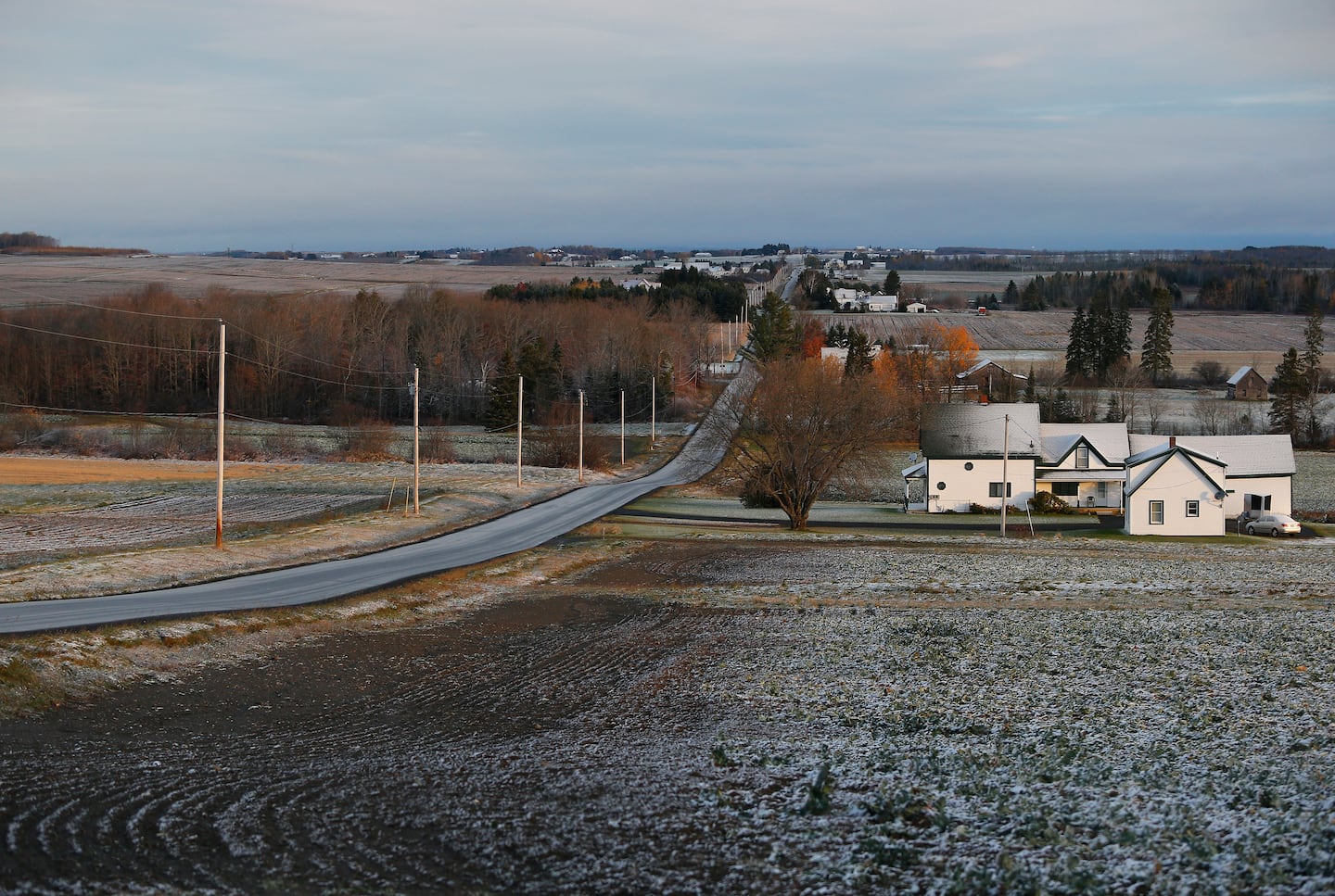Copyright dailyrecord

Terrified home carers in Glasgow have claimed that they face threats, abuse, and assaults while working at night. The life-line workers are calling for greater protection from authorities. Staff held a torch-lit rally outside the city chambers on Thursday night, November 6, urging Glasgow’s health and social care partnership (HSCP) to take action, reports Glasgow Live. Members of the mostly-female workforce described being intimidated by men and feeling relieved “to get home in one piece” after their shift has ended. One union organiser said workers would consider industrial action if the HSCP doesn’t listen. Wilma Telford, who has worked in home care for 18 years, said: “It has always been a worry when you are out alone, niggling at the back of your mind, but things have gotten a lot worse. “There are incidents in every area, all the time. You walk between visits at night on edge, holding onto your phone in your pocket, looking around to see if anyone is behind you. It can be dark and deserted and you feel totally alone. It preys on your mind.” One of her colleagues said she was approached by a man while working on Sunday. “He came out of nowhere, right in my face, asking for money,” she said. “It felt like a mugging. “I told him I had none and tried to walk past but he kept blocking me, asking if I had a bank card, saying we could go to a cash machine. I showed him the badge on my uniform, said I was working and pushed past him and got away but I was trembling. It is really upsetting. “Another time, I was walking to a visit and this man passed me and said ‘Watch out you don’t get raped tonight.’ It took me a second to take it in, then I just started running. It shakes you up for hours.” GMB Scotland said its recent survey revealed 89 per cent of the women felt scared while working alone while almost half had endured intimidation, abuse or violence. One worker told the union: “I’ve had teenagers throwing fireworks at me, shouting abuse, and men will just stand and stare at you from top to bottom.” Another carer said she was parked at traffic lights at 7.30am on a quiet street when a man tried to break into her car window with a screwdriver. Another member said: “I was waiting in my car to go into flats one night and a gang started banging on the roof and shaking the car. I was terrified. You just feel relieved to get home in one piece.” A spokeswoman for the HSCP said the GMB has yet to provide details in relation to their concerns. Risk assessments are carried out regularly and personal attack alarms are provided, she added. Speaking at Thursday’s rally, GMB organiser John Slaven said: “We’ve given notice… that we need change. If we don’t get change we won’t be demonstrating, we’ll be taking industrial action. Lone working is on the way out. It’s not if, it’s when. This is the start.” The union wants the HSCP to pair-up staff, provide more back-up and supervision, change rotas and offer pool cars. Its campaign comes after police figures recently revealed an increase in rape and sexual assaults in the city. Frances Stojilkovic, the GMB’s home care convenor at Glasgow City Council , said: “No one should be expected to go to work feeling afraid and return home relieved to be safe again. They need better protection and support and they need it urgently.” The HSCP spokeswoman said: “This is a long-standing issue for the GMB and yet they have still not provided us with the details in relation to their concerns. “While the majority of our homecare staff live in the streets and the communities they work and are therefore familiar with the surroundings, we do have a range of policies in place to ensure lone workers are safe in their working environment — including mobile phones, personal attack alarms, monitoring from a designated team, and contact with a co-ordinator throughout the working period. “The service routinely carries out risk assessments and maintains ongoing consultation with frontline staff and recently pioneered an emergency alert so carers can call on emergency services or support teams. “In addition, we operate a fleet of over 300 support vehicles across the city, available day and night to provide backup and assistance. “Where lone working is deemed inappropriate, a comprehensive health and safety risk assessment is undertaken to ensure alternative arrangements are made.”



